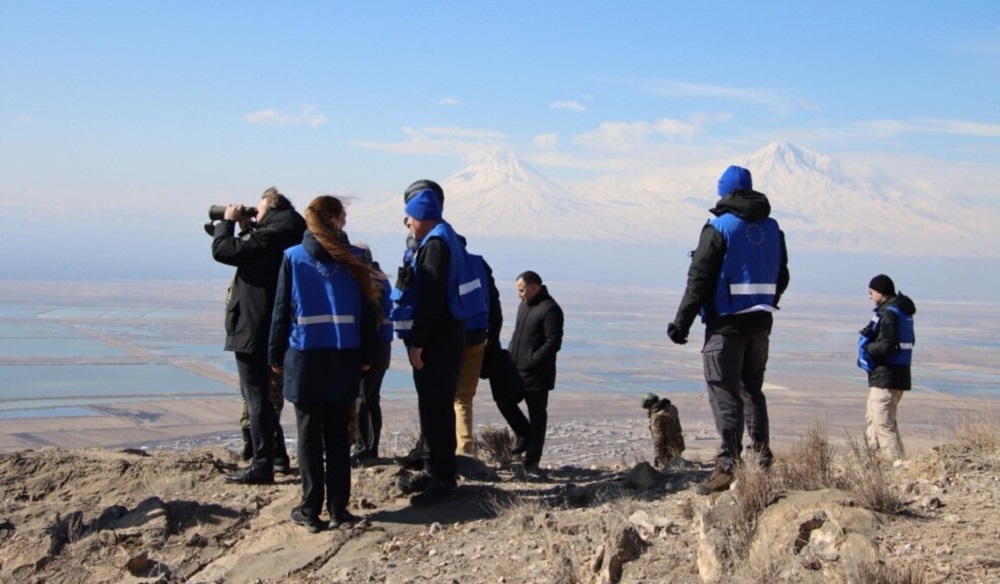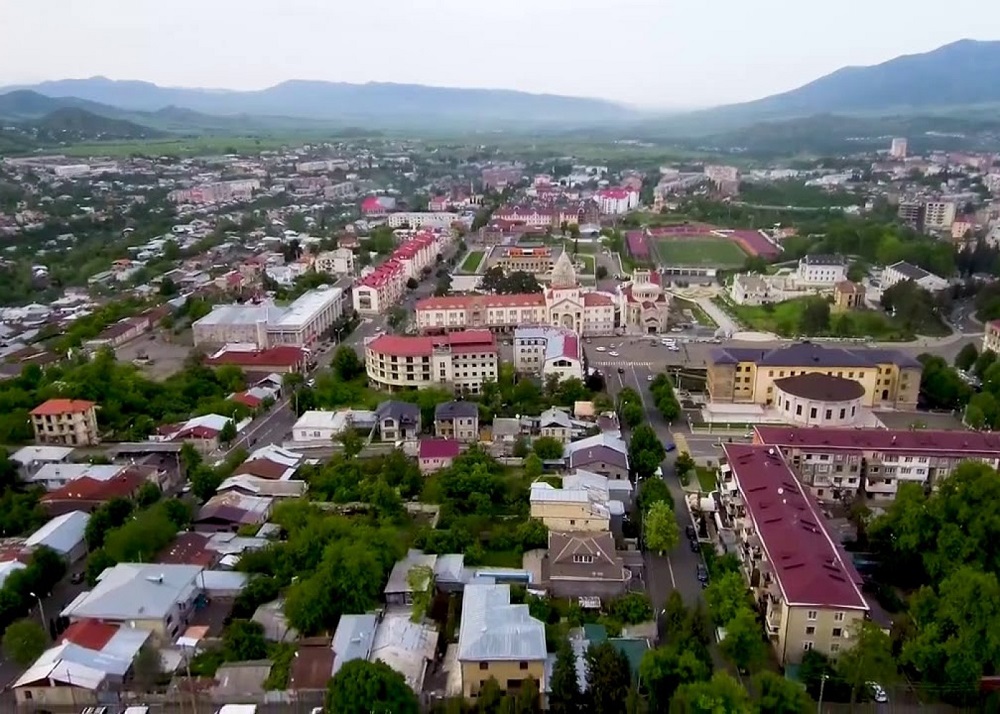What will happen if the European Union imposes sanctions on Azerbaijan?
What can EU sanctions lead to
The European Parliament has adopted a resolution calling for sanctions on Azerbaijan because of the counter-terrorist operation in Karabakh. Azerbaijani political analysts believe that such a turn of events may lead to unexpected consequences both for Europe and Armenia, which the MEPs are trying to protect. But from the economic point of view, almost two-thirds of Azerbaijan’s imports come from the European Union.
- NATO condemns establishment of Russian base in Abkhazia
- War between Israel and Palestine: which side is Azerbaijan on?
- Screaming behind the wall: Domestic violence in Abkhazia is a problem ignored by the government
What happened?
On October 5, MEPs adopted a resolution calling for sanctions on Azerbaijan, a review of cooperation with Baku, and a reduction in dependence on Azerbaijani natural gas because of the recent fighting in Karabakh. The resolution is not legally binding, but European institutions may take it into account when making decisions.
491 MEPs voted in favor of the resolution, 9 against, 36 MEPs abstained, 169 did not take part in the voting.
The document calls on the EU leadership to stop negotiations on partnership with Azerbaijan. It also recommended suspension of simplified visa regime with Azerbaijan, limitation of cooperation with this country in other areas. It is noted that in case of renewed tension between Baku and Yerevan, Europe should completely stop oil and gas imports from Azerbaijan.
Political side of the issue
According to experts of the Azerbaijani South Caucasus Analytical Center, from the political point of view, the introduction of sanctions against Azerbaijan in order to protect Armenia and the Karabakh Armenians may turn out to be an unexpected result, both for Armenia and its European defenders.
“If support for Armenia will be realized through pressure on Azerbaijan, then Baku in the current situation will be interested in overthrowing Pashinyan’s power. And this is not Azerbaijan’s pro-Russian line, it’s just that in this context the interests of Baku and Moscow actually coincide. Therefore only in such a confluence of circumstances can Baku target Western interests in the region.
If the West takes a critical view of its regional policy and makes operational changes, Baku may be interested in preserving Pashinyan’s regime in Armenia.
Support for Pashinyan in Armenia is only realistic through reaching an agreement with Baku, and the West must realize this inevitability. Otherwise, another and much larger collapse of its regional policy awaits it.”
The Azerbaijani edition of Radio Liberty (Azadlıq radiosu) has analyzed the economic consequences of possible EU sanctions on Azerbaijan.
The publication notes that revenues from oil and gas sales are of vital importance for Azerbaijan, which has a traditional energy economy. The reduction of these revenues may cause serious risks for the country.
Europe’s share in Azerbaijan’s energy sector
According to the indicators of the State Customs Committee of Azerbaijan for the first 8 months of 2023, Azerbaijan’s import revenues was $24.3 billion. The lion’s share of these revenues – $22.1 billion (91 percent) – was formed by the sale of oil and gas.
Two of the three largest importers of crude oil from Azerbaijan are European countries. In the first eight months of 2023, Azerbaijan earned $11.1 billion from crude oil sales. 42 percent of this profit ($4.7 billion) came from Italy. Overall, Italy is Azerbaijan’s largest trading partner; 46 percent of the country’s total exports come from there. In other words, Azerbaijan’s exports are almost half dependent on this country.
In second place among the most important importers of Azerbaijani oil is Israel (1.1 billion dollars), the third – by Spain (700 million dollars). The share of the European Union in Azerbaijan’s oil exports, both in terms of volume and money equivalent, is over 60 percent.
European Union countries also take the leading place in the sale of natural gas. According to the Ministry of Energy of Azerbaijan, Azerbaijan exported only 15.8 billion cubic meters of gas in the first eight months of 2023. 48 percent of this volume (7.6 billion cubic meters) was imported by European countries. Another 42 percent comes from Turkey and 10 percent from Georgia.

Two thirds of profits from exports
In January-August 2023, Azerbaijan exported a total of $16 billion worth of goods to the EU, i.e. 66 percent of the country’s total exports to the EU.
This means that any EU economic sanction against Azerbaijan puts two-thirds of the country’s export profits at risk. 35 percent of Azerbaijan’s state budget profit is directly generated through the sale of energy resources. Potential risks in connection with the profits from the energy sector may put into question the realization of budgetary commitments.
The EU plays a less significant role in Azerbaijan’s imports compared to exports. In the first eight months of 2023, the share of EU countries in Azerbaijan’s imports was only 18.4 percent. For comparison, the share of CIS countries in Azerbaijan’s imports was 29 percent, while the share of the former Soviet Union countries in Azerbaijan’s exports was only 4 percent.
The largest share among the EU countries in Azerbaijan’s imports belongs to Germany. In January-August 2023, Azerbaijan imported 639 million dollars worth of goods from Germany, which is equal to 5.7 percent of the country’s total imports. Germany is the fourth largest importer of Azerbaijan. Two other EU countries are among the top ten: France ranks sixth (3.1%) and Italy ninth (2.6%).
Oil Fund Assets
Economic sanctions may also put Azerbaijan’s foreign assets at risk. At the beginning of 2023, the State Oil Fund had 49 billion dollars under management. The share of Europe in the investment portfolio of the oil fund is 29.6 percent. According to this indicator, the European region is second only to North America.
20.4 percent of the Oil Fund’s investment portfolio is held in euros, the official currency of the EU. It is clear that potential sanctions put almost a quarter of the assets of the Oil Fund of Azerbaijan at risk.




















